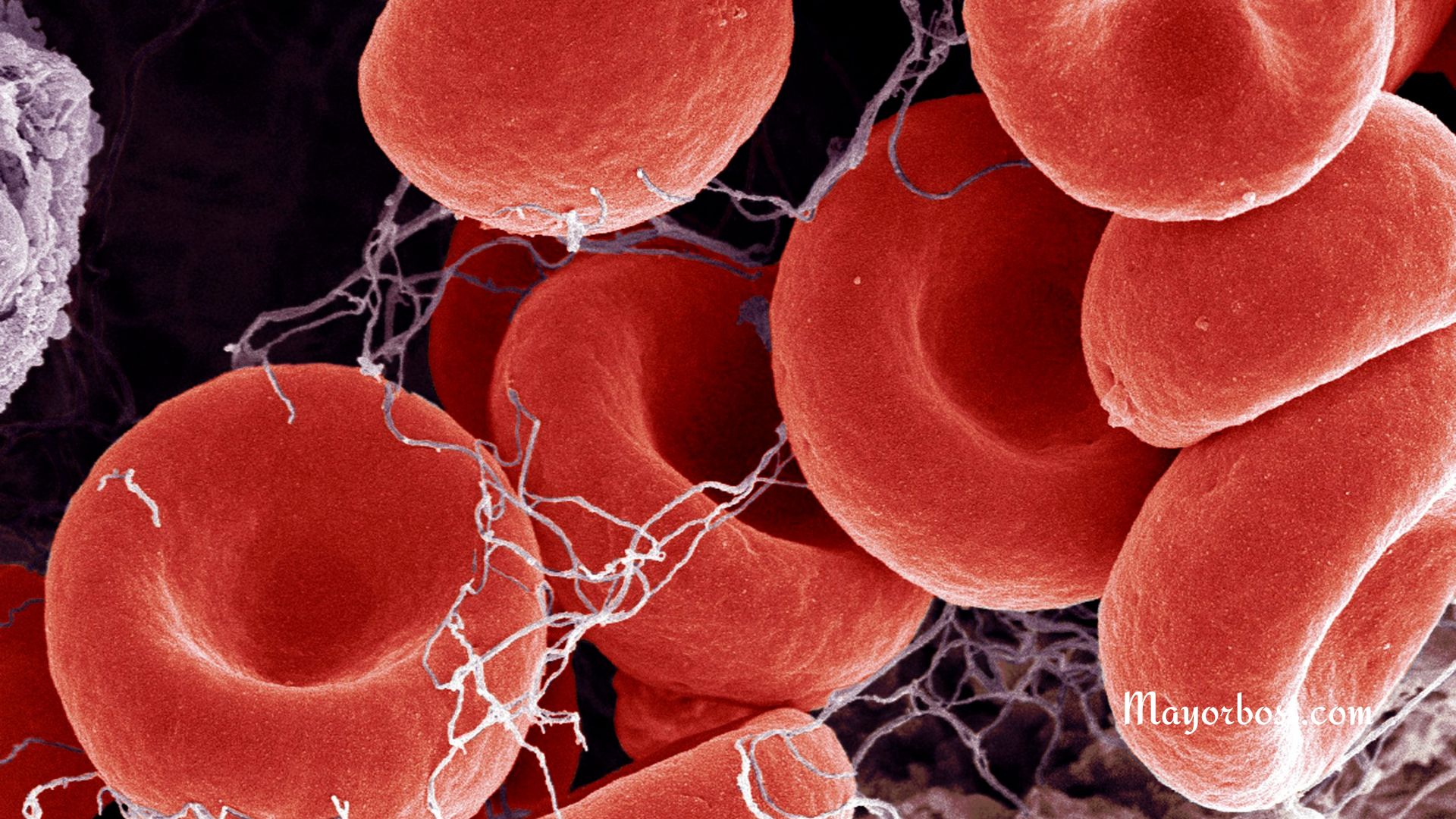What Happens To Your Body When You Stop Eating Bread
Bread is a staple food in numerous diets around the world, especially in forms like sandwiches and toast and as a side for soups and salads. However, you might be curious about what happens when you decide to cut it out of your diet. When you stop eating bread, especially varieties high in refined grains, several changes can occur in your body.
Reduced Caloric Intake
Initially, you’ll likely reduce your overall caloric intake. Bread, particularly white bread, is high in calories with minimal nutritional benefits. Therefore, when you eliminate it, you might start consuming fewer calories, which could lead to weight loss.
Changes in Digestion
If the bread you were eating was rich in fiber (like whole grain bread), cutting it out might lead to constipation or changes in bowel habits. Conversely, if you were consuming white bread, which is low in fiber, you might actually see an improvement in digestion.
Energy Level Fluctuations
Bread, especially white bread, is high in carbohydrates that provide quick energy. When you stop eating it, you might initially feel a drop in your energy levels. However, this can stabilize over time as your body adapts to other energy sources.
Cravings
You might experience cravings for bread or other carbohydrates. This is because your body is used to the quick energy boost they provide.
Weight Changes
In the long term, eliminating bread might contribute to weight loss, especially if you don’t replace it with other high-calorie foods. However, this depends on your overall diet and physical activity levels.
Nutritional Shifts
Bread is a source of certain nutrients, like B vitamins and iron, particularly in fortified varieties. When you stop eating bread, you might need to find these nutrients elsewhere in your diet.
Blood Sugar Levels
For people with blood sugar concerns, such as those with diabetes, reducing bread intake, particularly white bread, might help in managing blood sugar levels more effectively.
Possible Heart Health Benefits
If you replace white bread with whole grains, you could see benefits in heart health. Whole grains are known for supporting heart health, while refined grains are often linked to higher risks of cardiovascular issues.

Tips for Adjusting to a Bread-Free Diet
- Find Alternative Carbohydrate Sources: Consider whole grains like quinoa or brown rice, which offer fiber and nutrients.
- Increase Fruit and Vegetable Intake: These can provide the vitamins and minerals you might be missing from bread.
- Stay Hydrated: Sometimes, what feels like hunger or low energy can actually be dehydration.
- Monitor Your Body’s Response: Pay attention to how your body reacts and adjust your diet accordingly.
- Consult a Nutritionist: If you’re unsure, it’s always helpful to seek advice from a nutrition professional.






